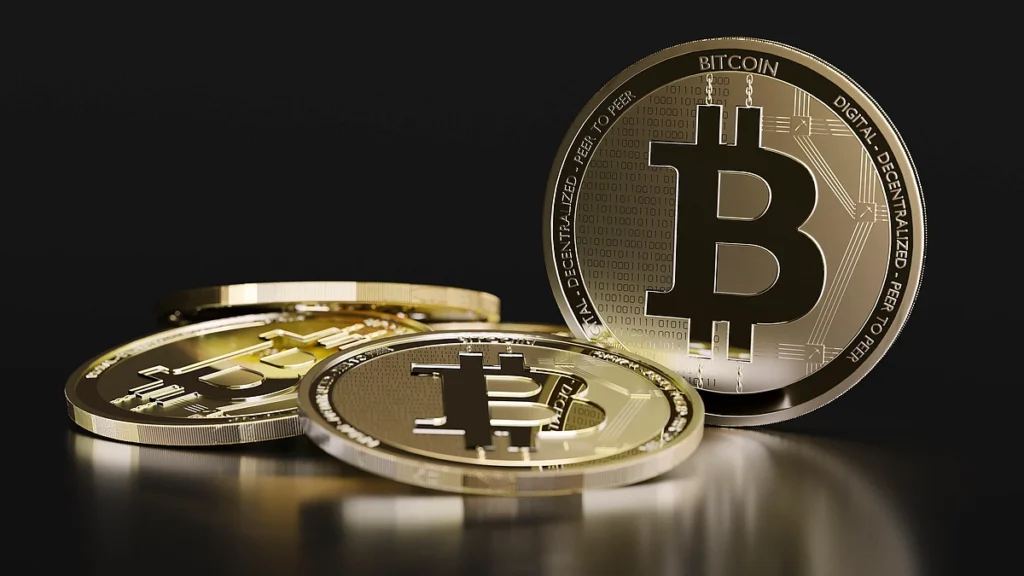Now Reading: Safeguarding Your Crypto in India: What Recent IT Alerts Mean
-
01
Safeguarding Your Crypto in India: What Recent IT Alerts Mean
Safeguarding Your Crypto in India: What Recent IT Alerts Mean

The Income Tax department has recently issued alerts about the way some crypto exchanges handle user funds, and this has caught the attention of investors across the country. For many in smaller towns, where crypto is seen as a new path to financial growth, such warnings can create confusion and concern. Understanding what these alerts mean and how they affect everyday investors is key to making safer choices.
At the heart of the issue is transparency. Reports suggest that certain exchanges may be using the funds deposited by users for their own trading or lending activities, without clear communication or profit-sharing. This raises questions about trust and accountability in an industry that already struggles with regulatory uncertainty. For investors, it highlights the importance of checking whether the platform they use has clear policies on fund usage.
Another major concern is tax compliance. The IT department has been tightening its grip on crypto trading by using advanced tools to track transactions and ensure taxes are paid. For Tier 2 investors who may not have access to expert advisors, this can feel complicated. But the message is simple: report profits honestly and avoid shortcuts, because non-compliance can lead to heavy penalties.
For small-town investors, these alerts are also a reminder that crypto is not like keeping money in a bank. Traditional banks are regulated, insured, and overseen by the RBI, while crypto exchanges operate under looser frameworks. This gap means investors must take extra steps to safeguard their assets—such as using reputed platforms, enabling two-factor authentication, and storing funds in secure digital wallets rather than leaving everything on exchanges.
The larger picture is that India’s crypto space is maturing, but regulation has not yet fully caught up. Until it does, the responsibility falls on investors to stay informed and cautious. Recent IT alerts are not meant to scare people away from crypto, but to remind them that trust, safety, and compliance are just as important as chasing profits. For small-town traders, safeguarding crypto is less about luck and more about making careful, informed decisions.

























